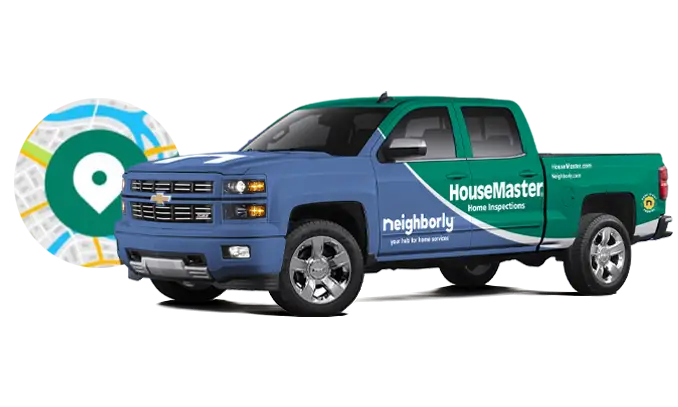
Winter in Rhode Island and Massachusetts can be both beautiful and brutal. As temperatures drop, snow blankets the landscape, and icy winds gust, it's vital to ensure our homes are prepared to withstand the cold months ahead. Properly winterizing a home not only provides a warm and comfortable living space but also reduces energy bills and prevents potential damage.
Why Is It Important to Winterize Your Home?
1. Energy Efficiency & Cost Savings: A well-winterized home retains heat more effectively, reducing heating costs.
2. Protection from Damage: Cold weather can cause pipes to freeze and burst, leading to expensive repairs and potential water damage.
3. Enhanced Comfort: Cold drafts and uneven heating can make winters miserable. Winterization helps maintain a consistent temperature throughout the home.
4. Longevity of Home Systems: Regular maintenance, including winterizing, can extend the lifespan of home systems such as heating, plumbing, and roofing.
Essential Winterization Tips:
1. Inspect and Clean Gutters: Ensure that gutters are free from leaves and debris to prevent ice dams, which can damage your roof and lead to leaks.
2. Seal Gaps and Cracks: Use caulk or weatherstripping to seal gaps around windows and doors to prevent drafts and heat loss.
3. Inspect the Heating System: Schedule a professional inspection of your furnace or boiler. Change the filters and ensure the system is running efficiently.
4. Protect Water Pipes: Insulate exposed water pipes to prevent them from freezing. For added protection, allow faucets to drip slightly during extreme freezing temperatures.
5. Insulate the Attic: Heat rises, and a poorly insulated attic can be a significant source of heat loss. Ensure your attic has an appropriate amount of insulation.
6. Reverse Ceiling Fans: By setting your ceiling fans to rotate clockwise, they'll push the warm air that rises to the ceiling back down to living areas.
7. Install Storm Doors and Windows: These add an extra layer of protection from the cold and can significantly reduce drafts and heat loss.
8. Protect Outdoor Faucets: Disconnect garden hoses and use an indoor valve to shut off and drain water from pipes leading to outside faucets.
9. Check the Fireplace: Ensure your fireplace is in good working condition. If you have a traditional fireplace, consider having the chimney cleaned and checked for obstructions.
10. Prepare for Snow: Stock up on salt or sand to melt ice on walkways. Ensure you have shovels or a snow blower in working condition.
11. Check Alarms: Ensure that smoke and carbon monoxide detectors are in working order. Winter sees an uptick in house fires and carbon monoxide poisoning due to the increased use of heating appliances.
12. Evaluate Trees: Inspect trees around your property. Trim branches that hang too close to the house or electrical wires, as they can cause damage in a winter storm.
Winterizing your home in Rhode Island and Massachusetts is not just a seasonal ritual—it's an investment in the comfort, efficiency, and longevity of your property. By taking proactive steps before the cold sets in, homeowners can enjoy a warm, safe, and cozy winter environment.
When it comes to Rhode Island and Massachusetts our HouseMaster home inspectors, you can trust their specialized training to uncover hidden issues that often escape the naked eye. Our experienced home inspectors offer impartial assessments, providing you with valuable insights to effectively prioritize your home maintenance tasks. Discover the peace of mind that comes with a thorough inspection by our RI and MA experts.
Schedule with us today! HouseMaster Serving Newport, Providence, RI, Fall River, MA, and Surrounding Areas, wants to ensure you have a well-maintained and safe home.
Authored by Lisa Miranda, owner of HouseMaster Home Inspections Serving Newport, Providence, RI, Fall River, MA, dedicated to ensuring every home tells a story of safety, integrity, and timeless charm across the ebbs and flows of time.
